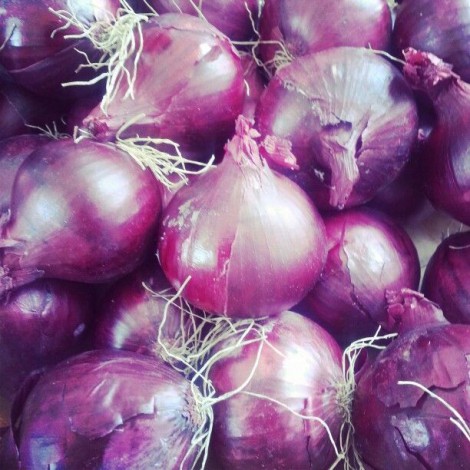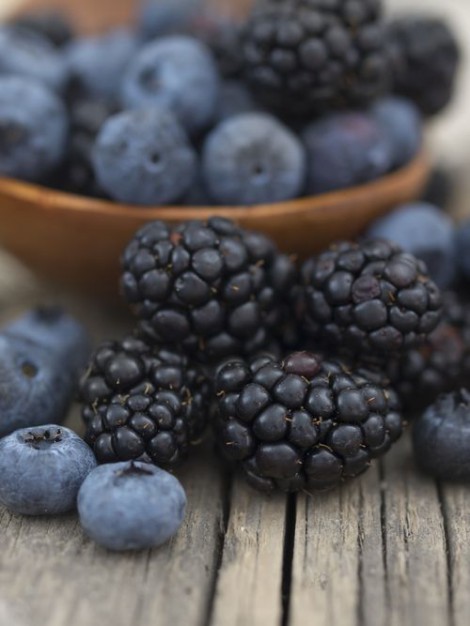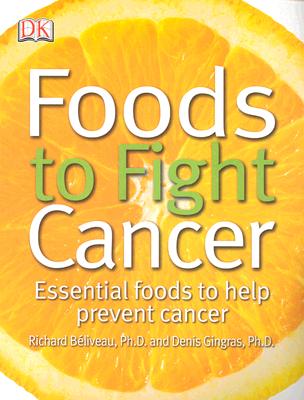Cancer is a disease (or more accurately a series of diseases) of the modern age that “is the leading cause of death worldwide [which] accounted for 7.6 million death (around 13% of all death) in 2008” according to the World Health Organisation. The prevalence of cancer cannot be ignored. As a consequence, prevention and the fight against cancer are matters that deserves our utmost attention.
With the number of cancer deaths continuing to increase, it is natural to look for ways in which our exposure to the disease can be limited. A scientifically well-founded argument about a nutritional route to preventing and fight certain types of cancer is presented in the book: “Foods to Fight Cancer” by Richard Béliveau, Ph.D. and Denis Gingras, Ph.D. The book does not promise to cure the disease, nor does it suggest that cancer is wholly preventable. However, it does advocate a sensible dietary route that may help to with prevention. The book also offers good advice for those who have already been diagnosed as having cancer.
Part one of the book elaborates on what cancer is, the types of cancer there are, the distribution of the disease and its risk factors. It provides some statistics and briefly elaborates on the link between cancer and the modern life, as well as the connection between cancer and obesity. We learn quite a bit about cancer and its nature as well as the stages of its evolution. Additionally, the books gives insight into the currently available therapies and treatments. Once a base understanding of the disease has been established, the authors proceed to explain that food is an abundant source of anticancer agents. Further, how plant hormones (phytoestrogens) act against tumors and how nutrition therapy can help us prevent and fight this disease. We learn what nutraceuticals (a combination of “nutrition” and “pharmaceutical”) which include potent anticancer agents.
Although it is a highly technical subject, the authors provide a perfectly understandable overview for general readers, without medical knowledge. Flow charts and graphs provide visual aids for understanding the content of the book, making sure that anyone with interest in this subject can grasp the content.
Part two of the book contains eleven chapters. Each of these chapters gives an informative overview on a nutraceutical, a food that fights cancer.
We learn that “cancer hates cabbage” and that the members of the cabbage family (e.g. cabbage, broccoli, cauliflower and Brussels sprouts) have therapeutic virtues due to the fact that they contain the largest variety of phytochemicals. We also learn that “garlic and onions ward off cancer” and what kind of anticancer properties onions, garlic, leeks, shallots and chives contain. For example, garlic contains a compound named “allicin”, a antimicrobial agent that prevents the formation of carcinogens.
The chapter “Benefits of soy” provides an introduction to soy, which is an integral part of Asian diets, but which is much less commonly used in the West. We also learn that soybeans, miso, soy milk and tofu contain isoflavones, a type of molecule that can influence events associated with the growth of cancer cells. The book also introduces us to “turmeric: the anticancer spice”, which is primarily consumed in India, where certain cancer types occur are much more rarely than in Western countries. It is believed that the consumption of tumeric makes a significant contribution in this regard.
The book educates us as to why we should drink lots of Japanese green tea. In short, green tea – especially the Japanese type – contains complex molecules called catechins, which have antifungal and antibacterial properties.
The chapter “A Passion for Berries” provides insights into the benefits of eating delicious raspberries, strawberries, blackberries, blueberries and cranberries. These are particularly abundant sources of polyphenols.
Béliveau and Gingras explain that Omega-3 fatty acids are essential in the human diet for the synthesis of anti-inflammatory molecules. These are unsaturated fats that should be consumed preferably in the form of whole foods e.g. sardines, herring, mackerel or salmon. Vegetarians may also boost their intake of Omega-3s from flax seeds or walnuts. Omega-3s not only play a role in cancer prevention but they block the formation of cardiovascular diseases, too. The book also suggests that tomatoes are the friend of prostate, especially in cooked form. Lycopene, a pigment that gives the red colour to the tomatoes, can potentially interfere with cancer formation, in particular prostate cancer.
General wisdom is that citrus fruits including lemons, oranges, grapefruit and mandarins are abundant source of vitamin C. Additionally, citrus fruits contain significant amounts of phytochemicals. Scientific studies have demonstrated that the consumption of citrus fruit can decrease the risk of developing certain types of cancers, in particular digestive tract cancers. The book recommends moderate consumption of red wine, as it has unique health properties thanks to a plant hormone, which is exclusively found in red wine, called reservatrol. It is an extremely powerful and potent anticancer molecule. According to the book chocolate is a “good obsession”, at least a good quality version of dark cholocate. It is rich in important polyphenols and due to its antioxidant activity its consumption may have a beneficial effect on the cardiovascular system, too.
Part three of the book explores the role that supplements play in our diets. It provides a solid argumentation against taking supplements as a substitute for a diet rich in nutraceuticals. It also promotes the consumption of fruits and vegetables and other anticancer foods as opposed to pills and capsules.
To conclude, the book suggests simple and practical lifestyle changes including quitting smoking, lowering calorific intake, reducing red meat consumption, exercising regularly, as well as focusing on a diet containing a variety of anticancer foods.
The book is inspiring and gives a good guidance for nutrition. Following its advice won’t of guarantee any outcome but it may contribute to helping any of us avoiding one of the most frightful diseases of the modern times.
The book is available on Amazon:
Amazon
http://www.amazon.co.uk/Foods-That-Fight-Cancer-Preventing/dp/0771011350
Have a good read and let me know what you think.




